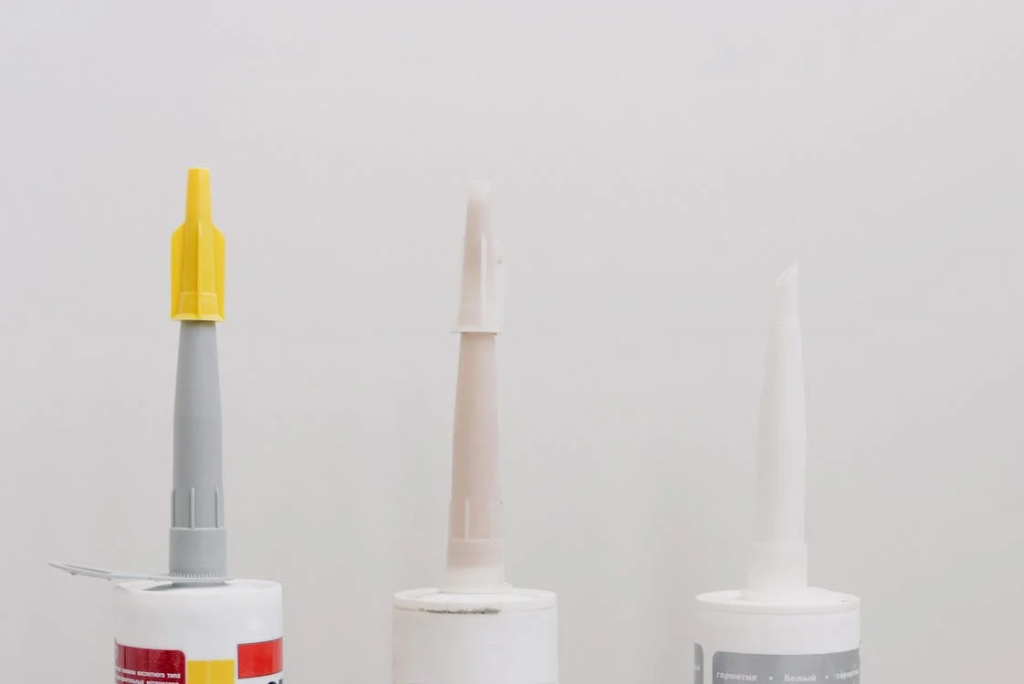
Super glue, mainly cyanoacrylate, struggles with plastic because it needs to bond *within* the material. Plastic’s impermeability repels moisture, preventing the glue from spreading and adhering properly. For a strong plastic bond, consider other adhesives. However, super glue’s strength and ease of use make it a great choice for many materials. This fast-setting, two-part adhesive doesn’t require clamps, and a single drop provides remarkable strength.
Is it Suggested to Use super Glue on Plastic?
While super glue might work on plastic, the bond won’t be very strong or durable. Super glue is waterproof, trapping moisture.This causes the glue to seep into the materials being joined when dampness is present. Construction glue and similar adhesives depend on evaporation for effective bonding.
When water evaporates, the remaining nanoparticles start to clump together. The contracting adhesive forces the components to bind tightly, ensuring surface adhesion. Super glues also rely on evaporation,but with crucial differences. Notably, they don’t contract, which is why superglue instructions frequently enough advise using less than you think you need.
How Can You Make Super Glue Bond to Plastic?
To effectively bond super glue to plastic, create a surface that the glue can strongly adhere to. Without this, the adhesive lacks a firm grip. You’ll need sandpaper, ethyl alcohol, liquid soap diluted in water, and a damp towel, along with the super glue itself.
Once you’ve cleaned the plastic parts with alcohol or soapy water to remove any shine, ensure they are fully dry. Use sandpaper, ideally with a grit between 150 and 200, to create a slightly rough surface. This texture helps the adhesive bond effectively. Apply super glue to one or both surfaces using a brush. Firmly press the pieces together to ensure a strong connection.
Since eliminating air bubbles is key, apply even pressure to the sides. Secure the joined parts with elastic bands, clamps, or a firm grip. Keep them held for at least 24 hours. While the bond may seem strong quickly, this ensures a lasting connection.
Can Super Glue Bond Metal to Plastic?
Superglue can bond metal to plastic, but achieving a strong connection can be tricky. The non-porous nature of both materials makes bonding challenging. To improve adhesion, roughen both surfaces beforehand, ideally using steel wool.
Naturally, any suitable tool will work, but steel wool frequently enough excels on metal surfaces. Keep in mind that your goal is just to create a rough texture; you don’t need to completely remove the existing finish.
Super glues, when applied correctly, create strong bonds. these bonds are suitable for objects experiencing minimal stress.However,avoid using them where the bond will face notable pressure. Attaching figurines,as a notable example,isn’t ideal for these adhesives.
What is the Strongest Glue for Bonding plastic?
The term “super glue” is often synonymous with “adhesive.” Adhesive glue stands out as the premier choice for securely bonding plastic components. Now that you’re familiar with superglue, let’s explore the best types for plastic and their request methods.
Gorilla Super Glue excels on diverse surfaces, even vertical ones. It’s perfect for durable DIY fixes. Expect it to dry in just 30-60 seconds. This gel formula resists impacts and drips,ensuring a strong bond. It effectively works well with stone, ceramics, paper, and rubber. However, avoid using it on foam.
Now that you’re familiar with Gorilla Glue,it’s time to try it! This adhesive securely bonds various materials. Its rubber particles enhance elasticity and strength.it cures in just 30 seconds and is ready for use after a single day.
Which is Better Between Super Glue and Gorilla Glue in Bonding Plastic?
Once you know your material, select either super glue or Gorilla Glue. gorilla Glue excels on both porous and smooth surfaces.Think glass, ceramics, plastics, and wood – it handles them all with ease.
This material bonds effectively with adhesive. Its lasting strength is widely recognized.The waterproof nature of the glue makes it ideal for outdoor DIY projects or those needing robust resistance. It also handles extreme outdoor temperatures, remaining unaffected by heat.
Gorilla Glue surpasses super Glue in strength and overall performance. It boasts rapid drying times and remarkable adhesion. While versatile across numerous materials, it has limitations. Super Glue struggles with smooth surfaces like glass. Also, it’s ineffective on porous materials such as wood.
